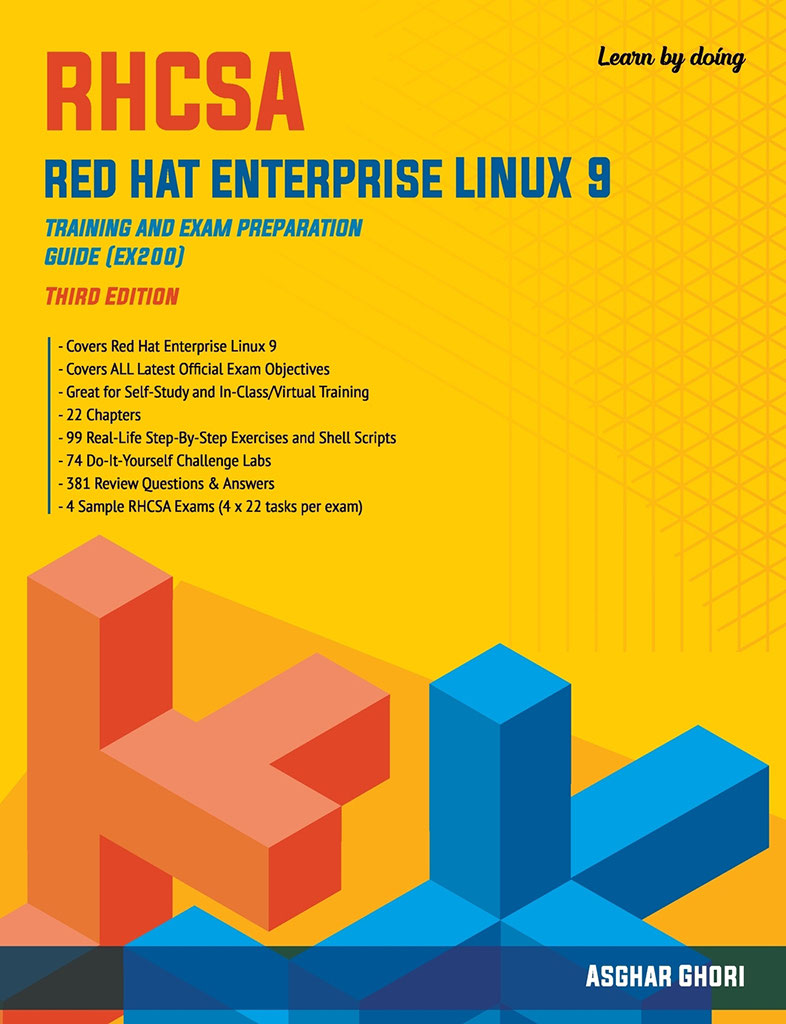

Most ebook files are in PDF format, so you can easily read them using various software such as Foxit Reader or directly on the Google Chrome browser.
Some ebook files are released by publishers in other formats such as .awz, .mobi, .epub, .fb2, etc. You may need to install specific software to read these formats on mobile/PC, such as Calibre.
Please read the tutorial at this link: https://ebookbell.com/faq
We offer FREE conversion to the popular formats you request; however, this may take some time. Therefore, right after payment, please email us, and we will try to provide the service as quickly as possible.
For some exceptional file formats or broken links (if any), please refrain from opening any disputes. Instead, email us first, and we will try to assist within a maximum of 6 hours.
EbookBell Team

0.0
0 reviewsRHCSA Red Hat Enterprise Linux 9: Training and Exam Preparation Guide, Third Edition
provides an in-depth coverage of the latest RHCSA (version 9) EX200
exam objectives. The most definitive guide available on the subject,
this book explains concepts, analyzes configuration files, describes
command outputs, shows step-by-step procedures (includes screenshots of
actual commands executed and outputs they produced), and challenges the
readers' comprehension of the concepts and procedures by presenting
plenty of supplementary labs and sample realistic exam tasks to perform
on their own.
This book has 22 chapters
that are organized logically, from building a lab environment to the
fundamentals of Linux to sophisticated Linux administration topics. The
book covers the topics on local RHEL 9 installation; initial interaction
with the system; essential Linux commands; file compression and
archiving; file editing and manipulation; standard and special
permissions; file searching and access controls; user monitoring and
authentication files; users, groups, and password aging; bash shell
features and startup files; processes and job scheduling; basic and
advanced software administration techniques; system boot process and
bootloader; kernel management and system initialization; logging and
system tuning; basic and advanced storage management tools and
solutions; local file systems and swap regions; network device and
connection configuration; hostname resolution and time synchronization;
remote file systems and automounting; the secure shell service; firewall
and SELinux controls; bash shell scripting; and operating system
virtualization using containers.